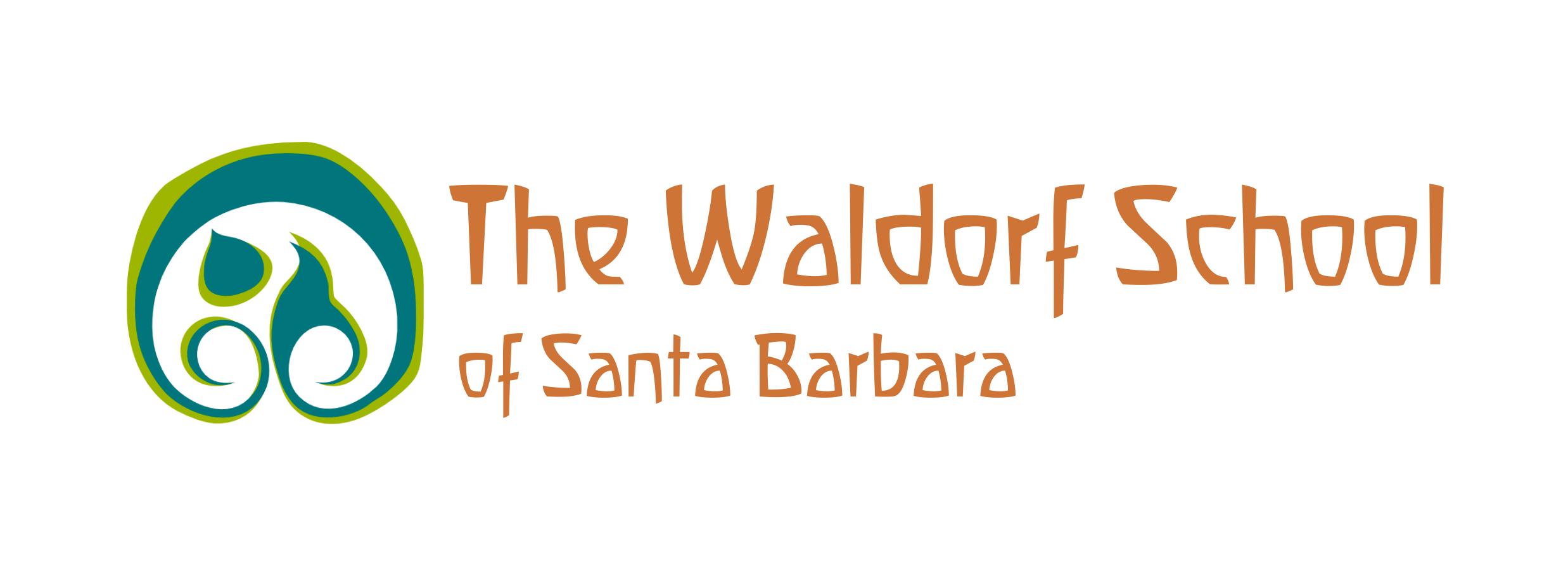The Waldorf Handwork Curriculum
“Children who learn while they are young to make practical things by hand in an artistic way and for the benefit of others as well as themselves, will not be strangers to life or to other people when they are older. They will be able to form their lives and their relationships in a social and artistic way, so that their lives are thereby enriched.” Rudolf Steiner.
Everything we do in Waldorf education aligns with what is happening for the children at that moment, deep within their being. Handwork is a cornerstone of the Waldorf curriculum that goes beyond being an imaginative and creative outlet. The practice of handwork is an essential activity that nurtures creativity, resilience, and a profound connection to craftsmanship. The significance of handwork is its importance in shaping well-rounded individuals ready to embrace the challenges of the modern world.
The benefits of the Handwork curriculum are numerous. The rhythmic movements of activities like knitting and crocheting enhance concentration, hand-eye coordination, and cognitive skills. Moreover, the balanced engagement of both hemispheres of the brain nurtures critical thinking and problem-solving abilities, setting a strong foundation for overall development. Handwork instills the virtues of patience, perseverance, and resilience. Crafting by hand demands time and effort, teaching students to embrace setbacks as part of the learning process. The satisfaction of witnessing gradual progress and the final product nurtures qualities crucial for success in any endeavor. Additionally, through the use of natural materials, students gain insights into responsible resource usage. This connection with nature fosters sustainable values and a deeper understanding of our ecological footprint.
Our Handwork program begins in the Early Childhood classes. The teachers do not “teach” Handwork directly, but instead provide the materials and space for this to happen through imitation. Teachers sit down with their craft near the children playing and those who are interested often ask to help or join in. Because young children love and crave repetition, they often repeat the same projects again and again.
In the Grades, each class has 2 or 3 Handwork classes a week taught by Ballard Sensei. Here are what our students are creating so far this year:
Grade 1: The students are finger-crocheting jump ropes. Some have moved on to creating their own knitting needles, and all are eager to learn how to knit soon.
Grade 2: The students have enthusiastically taken up knitting from last year and are expanding their skills to include both knitting and purling. They are making bean bags with both stitches and soon will begin on knitting their own flute cases using different stitches and colors.
Grade 3 and 4: In this newly combined class, the students are learning several skills. Some are crocheting while some are felting and stitching new pencil rolls. The students have also crafted their own drop spindles and will soon be learning about various plant and animal fibers. They will use these materials to spin, felt, weave, and crochet useful items.
Grade 5: The 5th Graders are now knitting in the round with three needles to create their own hats. Soon they will be making mug cozies and learning how to incorporate colorful patterns into their work.
Grade 6 and 7: The students are beginning the process of making their own patterns to hand sew mice. They began with drawing mice, moving on to modeling them with beeswax and clay. They will then draw a 3 dimensional version of a mouse that will serve as the model for their own pattern.
Grade 8: The oldest class is learning about the history and function of the sewing machine. They are creating accurate drawings of the machines to learn all the different parts. Soon they will begin exploring the different stitches using paper to prepare them for their first project, machine sewing a 9 patch quilt to donate to Project Linus.
Look for a Parent Association offering with Ballard Sensei soon!
In accordance with best practices, we have updated our Tuition Assistance Program policies. Moving forward, returning families will be asked to reapply for tuition assistance on a yearly basis. Tuition Assistance Applications for returning families will be due November 30, 2024. Please note, many families will need to upload supporting documentation after the initial application is submitted. The office and FACTS will send reminders with deadlines, but it is the responsibility of families to complete their applications in order to be considered for Tuition Assistance. Please look for more information coming soon.
The parking lot has been congested this week during drop off. Please do not leave your car unattended at the curb. Thank you for helping keep our students safe!
A heartfelt thank you to the Grade 5 parents for preparing a delicious meal for the faculty and staff yesterday!
Important Dates:
October 15 at 8:30 a.m.: POEM Committee meeting
October 17 at 8:30 a.m.: Steiner Study Group
October 16 and 17 at 1 p.m.: Halloween Journey meeting
October 25: No School. Halloween Journey
November 1: Dios De Los Muertos (details coming soon)
November 11: Veteran's Day - NO SCHOOL
With gratitude,
The WSSB Admin Team




